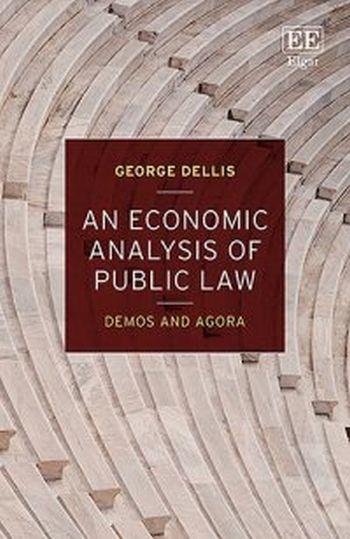
This original and insightful book considers the ways in which public law, which emphasises legality (the Demos), and economics, a science oriented towards the markets (the Agora), intertwine. Throughout, George Dellis argues that the concepts of legality and efficiency should not be perceived separately.
An Economic Analysis of Public Law shows that combining these two disciplines allows for a more realistic view of decision-making and human action, leading to the creation of a ‘new’ public law that improves the functioning of non-consensual institutions. The book explores the ways in which this will lead to a better coexistence of Demos and Agora, especially in modern times of globalisation and competition among regulators. Chapters cover almost all aspects of the economic analysis of public law, such as the importance of economic analysis, design and decision-making for public institutions, and a general economic theory for public law and regulation.
Students, scholars and researchers in disciplines such as law and economics, European and public law in general, as well as the philosophy of law will find this book to be a valuable resource. It will also be a companion for anyone who is interested in understanding how the Law of the State and the State itself evolve in the current, globalised world.